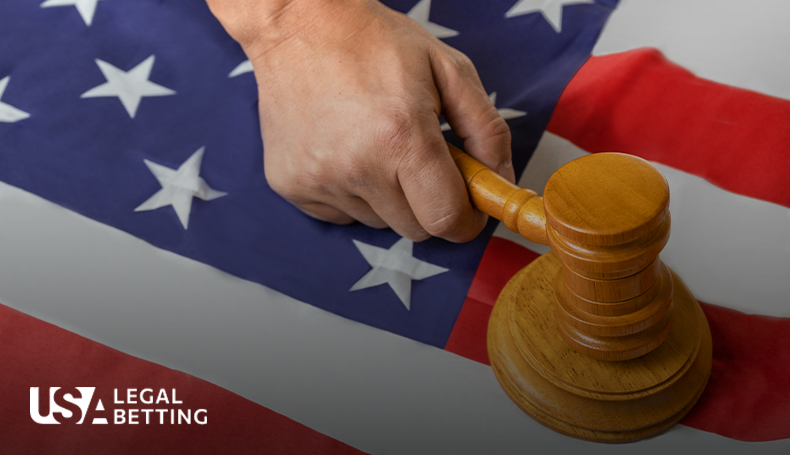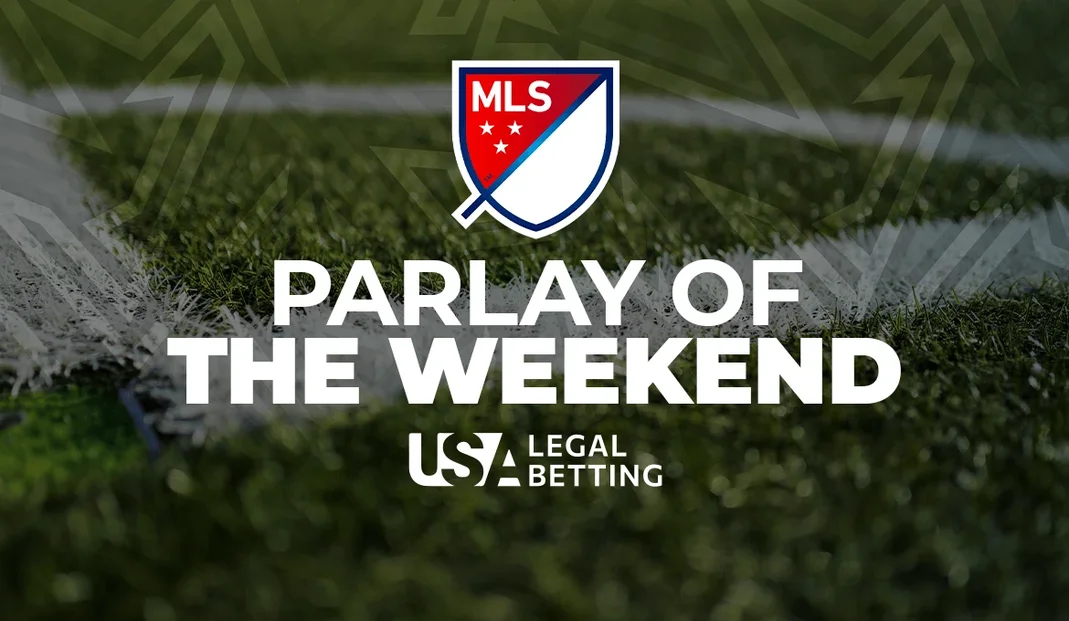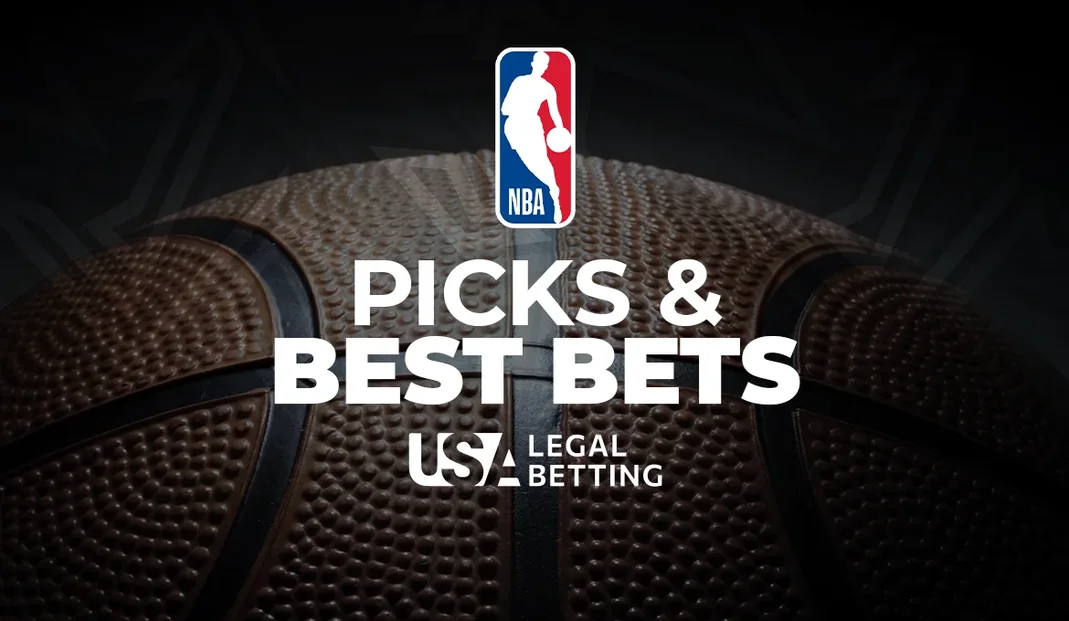The pair of initiatives delegated control of the would-be sports betting market to the tribes—however, the authors did not consult anyone from CNIGA or any high-ranking officials from the native community.
The Tribal Gaming Protection Act and The Sports Wagering Regulation and Tribal Gaming Protection Act were presented on the basis of a hub and spoke model. Essentially, all bets placed with online sportsbooks would be processed by servers at tribal gaming facilities, meaning the natives would have full control of the market.
However, the authors’ failure to meet with CNIGA, which represents many of the most powerful tribes in the state, led to them voting unanimously not to support either of the proposals.
“The entire effort surrounding these initiatives was handled abhorrently by the initiative sponsors,” CNIGA Chairman James Siva said in a statement. “It is hard not to be offended when listening to these individuals speak. This is another example of outside influences trying to divide and conquer Indian tribes. We will not let history repeat itself.”
The vote came one day after CNIGA finally met with the proposal's sponsors, Ryan Tyler Walz and Reeve Collins.
Conference Chairman of the Indian Gaming Associates, Victor Rocha, said the meeting did not go well.
“So, the pokers bros spoke to CNIGA yesterday,” Rocha posted on X (formerly Twitter). They said they had conversations with tribes like mine & Morongo. A bald face lie. The conclusion: the tribes are positive they’re grifters. Emergency meeting [last Thursday]. Expect a complete repudiation of the grift.”










